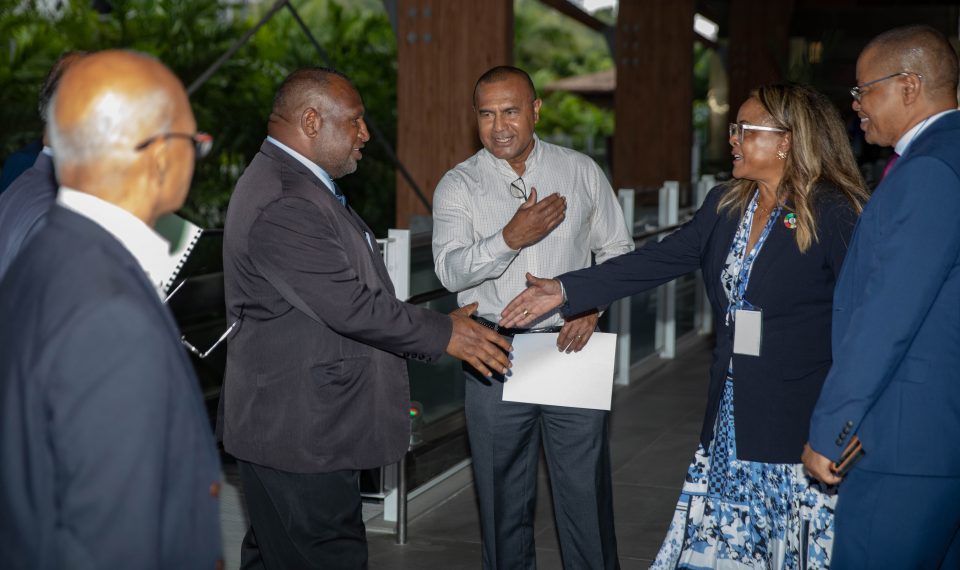A one-day workshop was held by the International Finance Corporation (IFC) in Port Moresby yesterday between Papua New Guinea’s public and private sectors, development partners, the World Bank, and the International Finance Corporation to discuss on the matters concerning PNG’s Electricity Sector with the focus being on renewable energies.
The International Finance Corporation (IFC) World Bank Group, noted that while Papua New Guinea is a producer and exporter of oil and gas, at least 53 per cent of its energy consumption comes from renewable sources.
Furthermore, while 60 percent of Papua New Guineans have access to some form of electricity, only an estimated 13-15 percent of the country’s growing population have access to on-grid electricity.
“Despite having tremendous renewable energy potential, be it solar, wind or other sources, there has been relatively limited progress in the provision of electricity for the people of Papua New Guinea”
IFC Country Manager for Australia, New Zealand, Papua New Guinea and the Pacific Islands, Judith Green said.
“Through this workshop, IFC hopes, with the participation of key stakeholders, to collectively identify tangible ways to unlock this potential, through a combination of reforms and investments, and to expand access to reliable, green energy,” Green added.
Prime Minister James Marape, was present to initiate the opening of the program, made mention the government’s effort towards this regard.
“That is why we have established the National Energy Authority to regulate the sector,” Prime Minister Marape said.
“The state-owned enterprise, PNG Power Limited, can operate as just an energy service provider,” he said.
Marape added that Papua New Guinea has a lot of clean energy sources with the potential to generate sustainable, reliable, and low-cost clean energy that can cover 70 percent of the country’s electricity demand by 2030.
Discussions from the workshop sought various potential solutions for the sector, such as introducing concessions for smaller grids; allowing self-generation; introducing an independent system operator; establishing a single buyer for energy producers; and developing common use infrastructure for projects in green hydrogen, an area where the country may have great potential.
IFC, through the support of the Australian and New Zealand governments, has been involved in Papua New Guinea’s energy sector for a number of years.


